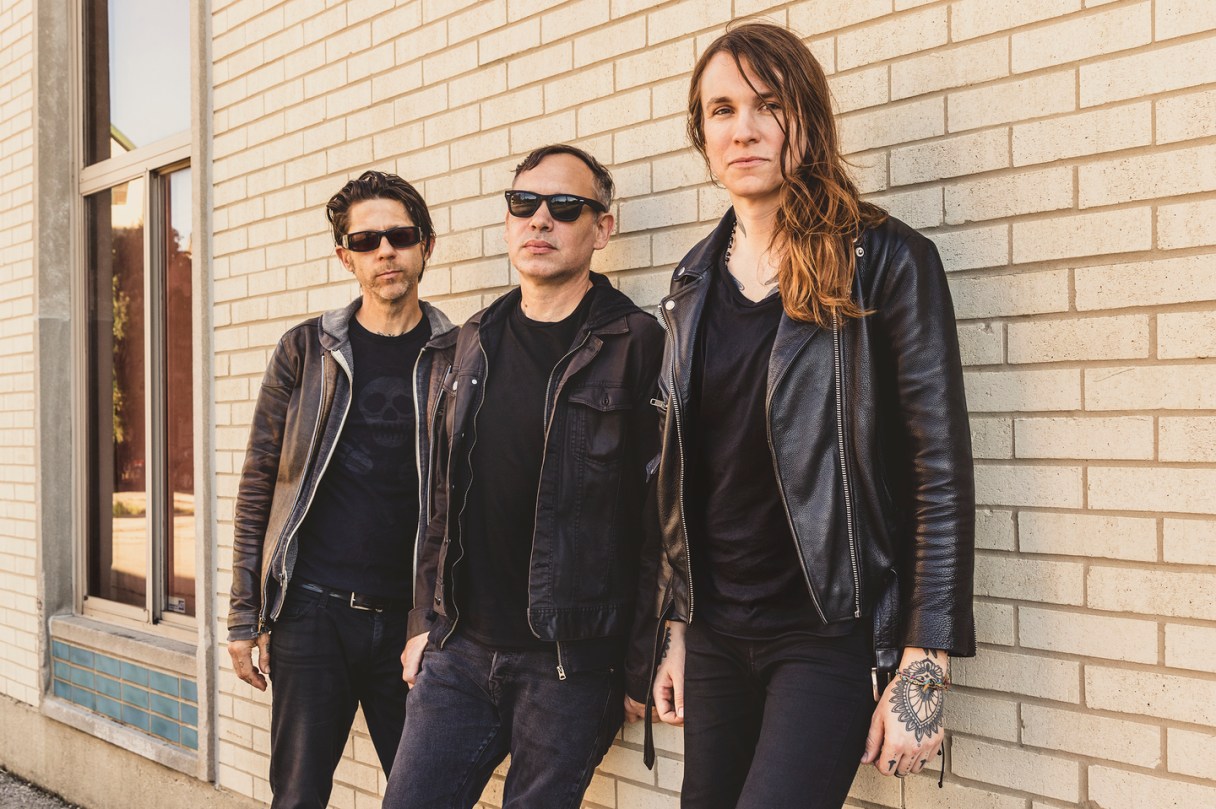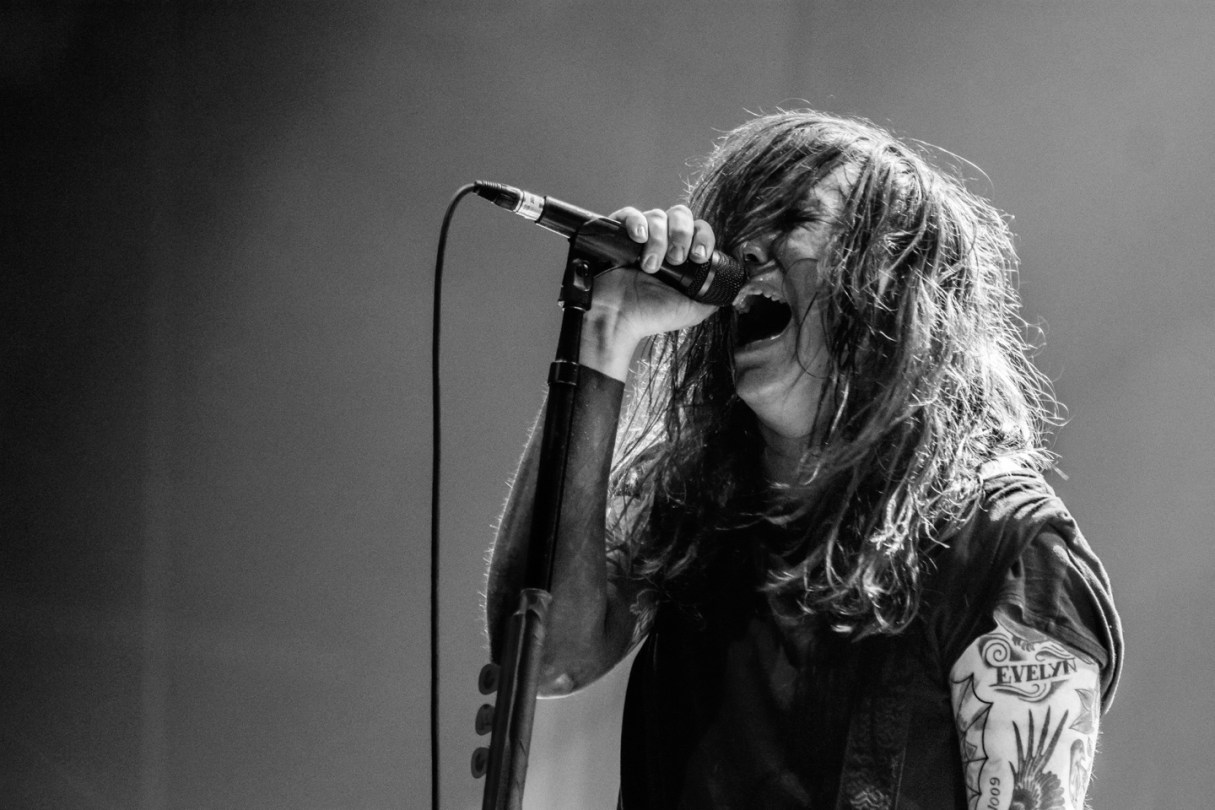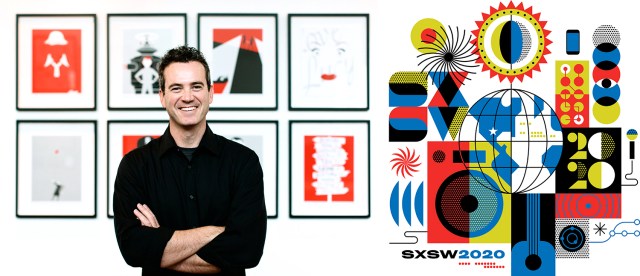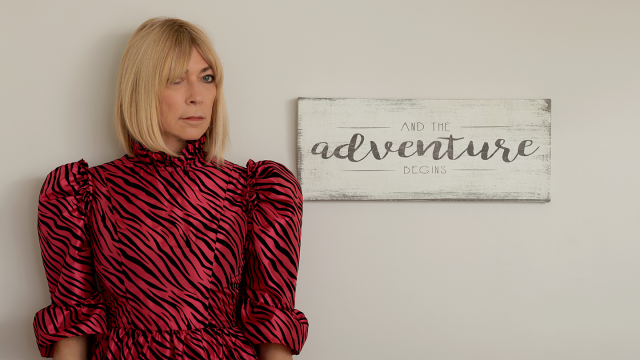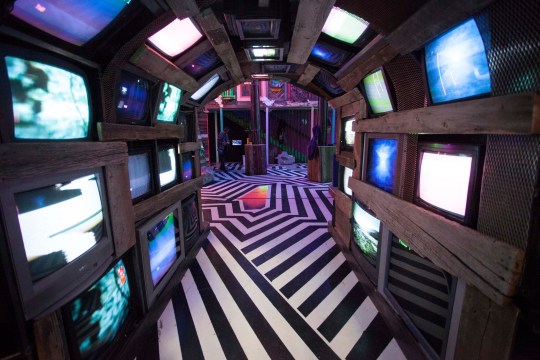Laura Jane Grace’s musical career has been remarkable going back over 20 years to her founding of Against Me! as a teenaged, punk howl from Naples, Florida’s ’90s cultural vacuum. In 2016, Grace assembled Laura Jane and the Devouring Mothers, which also includes Against Me! drummer Atom Willard (a former member of Rocket from the Crypt, Social Distortion and The Offspring), and bassist Marc Jacob Hudson (Against Me!’s sound engineer, and recordist and mixer at Fenton, Michigan’s Rancho Recordo studio), for a tour of small venues which, along with stripped-down versions of Grace’s songs, featured her reading from the journals that served as source material for her autobiography: Tranny: Confessions of Punk Rock's Most Infamous Anarchist Sellout.
“The most important lesson I ever learned from punk was ‘question everything,’ and that will never stop being relevant and important ”
In the summer of 2018, the trio recorded its debut Bought To Rot, with Grace tweeting at the end of July: “I recorded an album. It’s a solo album, except that it’s not cause my friends did it with me.” In early November (on the heels of an Against Me! tour of South America), the record was released on Bloodshot, the Chicago label best known for its alt country and roots-based indie releases.
For those who might view the pairing of Grace and Bloodshot as incongruous, Grace disagrees: “In a lot of ways, Bloodshot is the most at home with a label I've ever felt, in that they're a self-described label for misfits and outcasts. I'll always want to be where the other misfits and outcasts are.”
